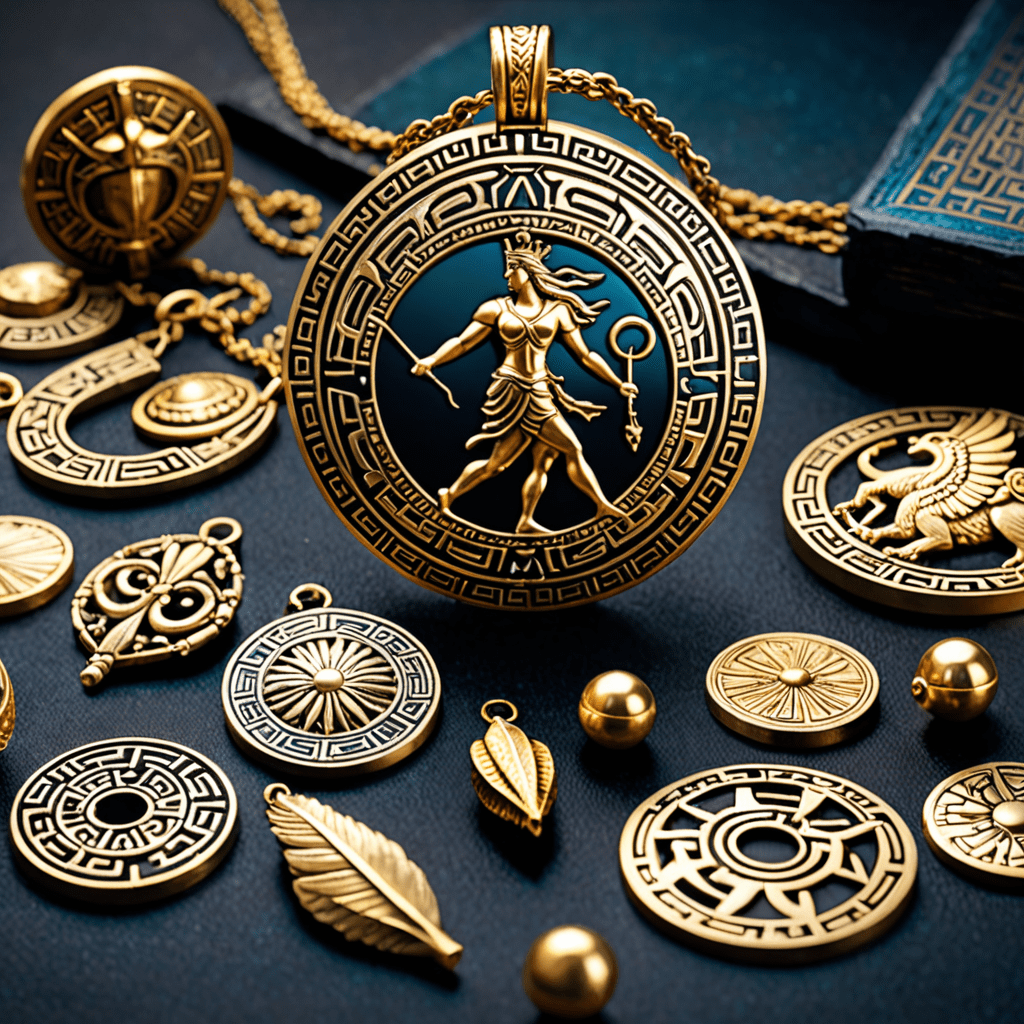The Symbolism of Amulets in Greek Mythology
Understanding Amulets in Greek Mythology
Amulets held significant importance in Greek mythology as they were believed to possess mystical powers that could protect the wearer from harm or provide them with luck.
The Importance of Symbolism In Greek Mythology
In Greek mythology, symbolism played a crucial role in the beliefs and practices of ancient Greeks. Amulets were infused with symbols that represented various gods, goddesses, or protective entities.
Common Types of Amulets in Greek Mythology
Greek mythology featured a wide range of amulets, such as the Gorgoneion (depicting Medusa’s head), the Eye of Horus, known as the Evil Eye Protector, and the Hamsa hand, symbolizing protection against the forces of evil.
Significance of Amulets in Greek Culture
Amulets in Greek culture were not just decorative accessories; they carried deep symbolic meanings and were believed to act as a shield against malevolent forces, promote prosperity, or enhance the wearer’s strength and courage.
FAQ about the Symbolism of Amulets in Greek Mythology
What are amulets in Greek mythology?
In Greek mythology, amulets are protective charms believed to possess magical qualities. These objects are worn to ward off evil, bring good luck, or provide other supernatural benefits.
What significance do amulets hold in Greek mythology?
Amulets in Greek mythology hold great significance as they are often associated with specific gods or goddesses, embodying their powers or attributes. They serve as symbols of protection, strength, and divine favor.
Can you provide examples of amulets in Greek mythology?
Sure! Examples of amulets in Greek mythology include the Gorgoneion, which bears the image of the fearsome Gorgon Medusa to ward off evil, and the Caduceus, a symbol of Hermes associated with commerce, eloquence, and travel.



